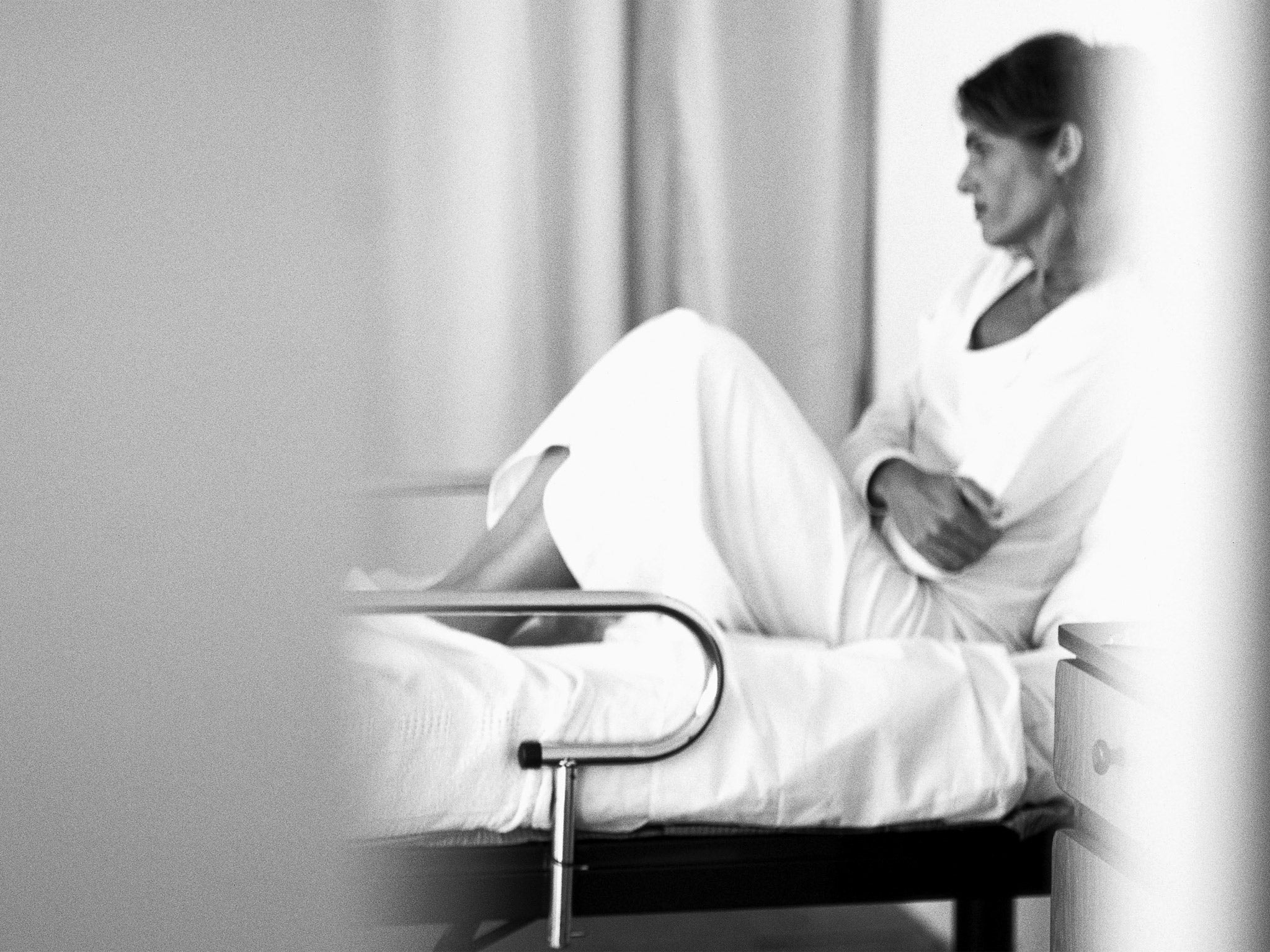Medics missing mental illness diagnosis in more than one in four patients, data suggests
‘Concerning’ disparities exist between ethnic groups, say researchers

Your support helps us to tell the story
From reproductive rights to climate change to Big Tech, The Independent is on the ground when the story is developing. Whether it's investigating the financials of Elon Musk's pro-Trump PAC or producing our latest documentary, 'The A Word', which shines a light on the American women fighting for reproductive rights, we know how important it is to parse out the facts from the messaging.
At such a critical moment in US history, we need reporters on the ground. Your donation allows us to keep sending journalists to speak to both sides of the story.
The Independent is trusted by Americans across the entire political spectrum. And unlike many other quality news outlets, we choose not to lock Americans out of our reporting and analysis with paywalls. We believe quality journalism should be available to everyone, paid for by those who can afford it.
Your support makes all the difference.More than one in four patients with severe mental health conditions are missing diagnosis when they are admitted to hospital for other reasons, new research suggests.
According to data analysed by scientists at University College London, those who are missing these mental illness diagnoses are more likely to be from ethnic minority groups or have a previously diagnosed mental illnesses.
However, the situation has improved – in 2006 it was found that mental health diagnoses were missed in more than 50% of cases.
"We found encouraging signs that clinicians are more frequently identifying severe mental illnesses in hospital patients than they were a decade ago,” Hassan Mansour, a research assistant at UCL psychiatry, said.
“But there's a lot more that can be done, particularly to address disparities between ethnic groups, to ensure that everyone gets the best care available."
"The disparities we found between ethnic groups are concerning because previous studies have identified particularly poor health outcomes for people from minority ethnic groups with severe mental illnesses.
"Training in culturally-sensitive diagnosis may be needed to reduce inequalities in medical care."
The researchers looked at more than 45,000 emergency hospital admissions of nearly 14,000 adults with severe mental illnesses, from 2006 to 2017. They found that mental illnesses recorded during hospital admissions rose to 75% in 2017.
Patients from ethnic minority backgrounds were found to be more likely to have missed diagnoses, particularly those from black African or Caribbean communities who were 38 per cent more likely to have their diagnosis missed compared to patients from white ethnic backgrounds.
The researchers have suggested these findings may be due to language barriers or stigma felt by patients. It was also suggested that clinicians may be less able to detect these conditions in people from other ethnic and cultural groups.
While mental illnesses were recorded during admission 70 per cent of the time on average, not all recordings included a specific diagnosis. Recordings of schizophrenia occurred in 56 per cent of people with this condition and bipolar disorder recording occurred in 50 per cent of those who were previously diagnosed.
"It's important to understand that physical and mental health are interlinked, and should not be seen as separate entities,” Dr Andrew Sommerlad, of UCL Psychiatry and Camden and Islington NHS Foundation Trust, and senior author of the study, said.
"Both can impact the other, so more needs to be done to bridge the gap and achieve truly integrated care that's accessible to everyone."
Additional reporting by Press Association

Join our commenting forum
Join thought-provoking conversations, follow other Independent readers and see their replies
Comments